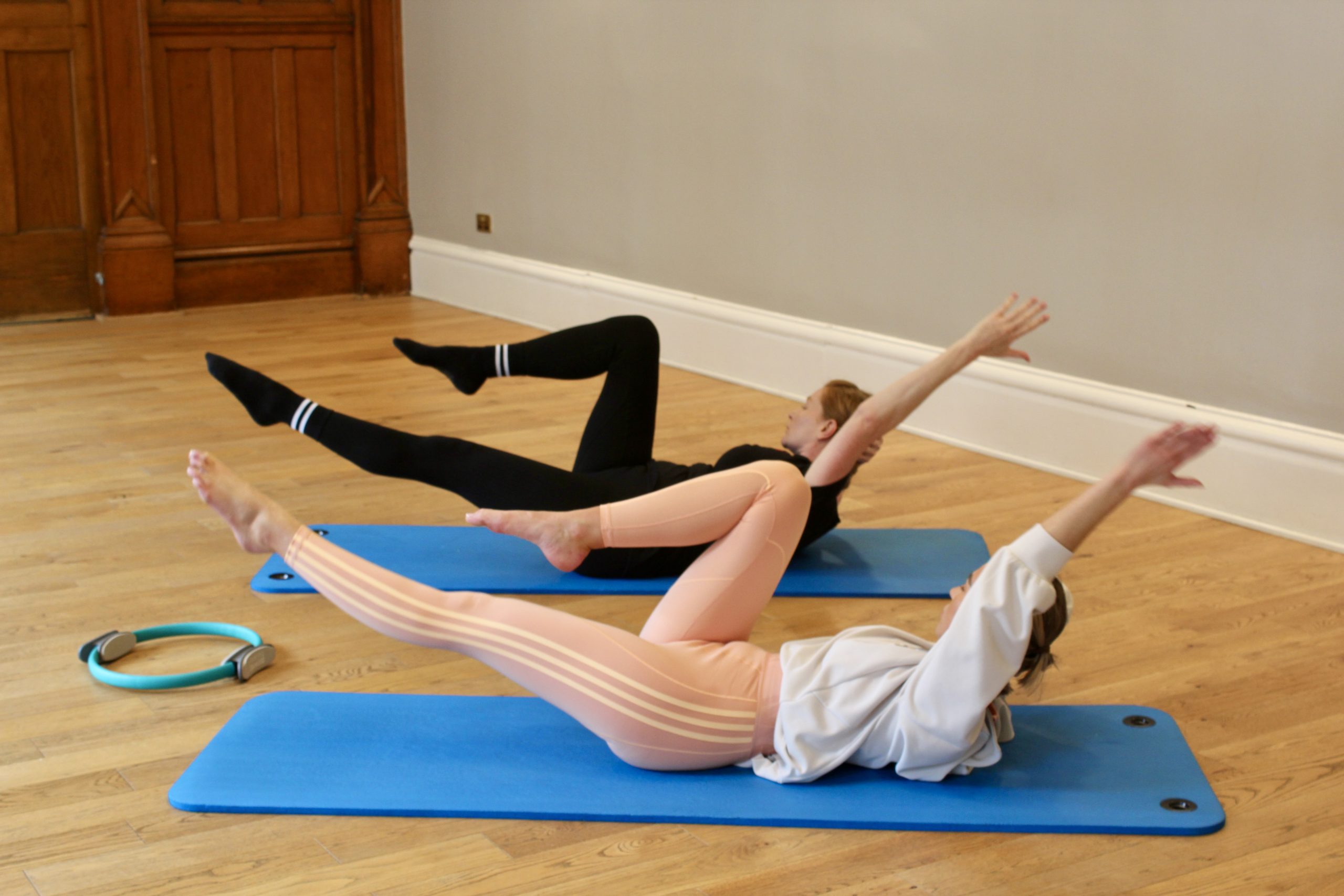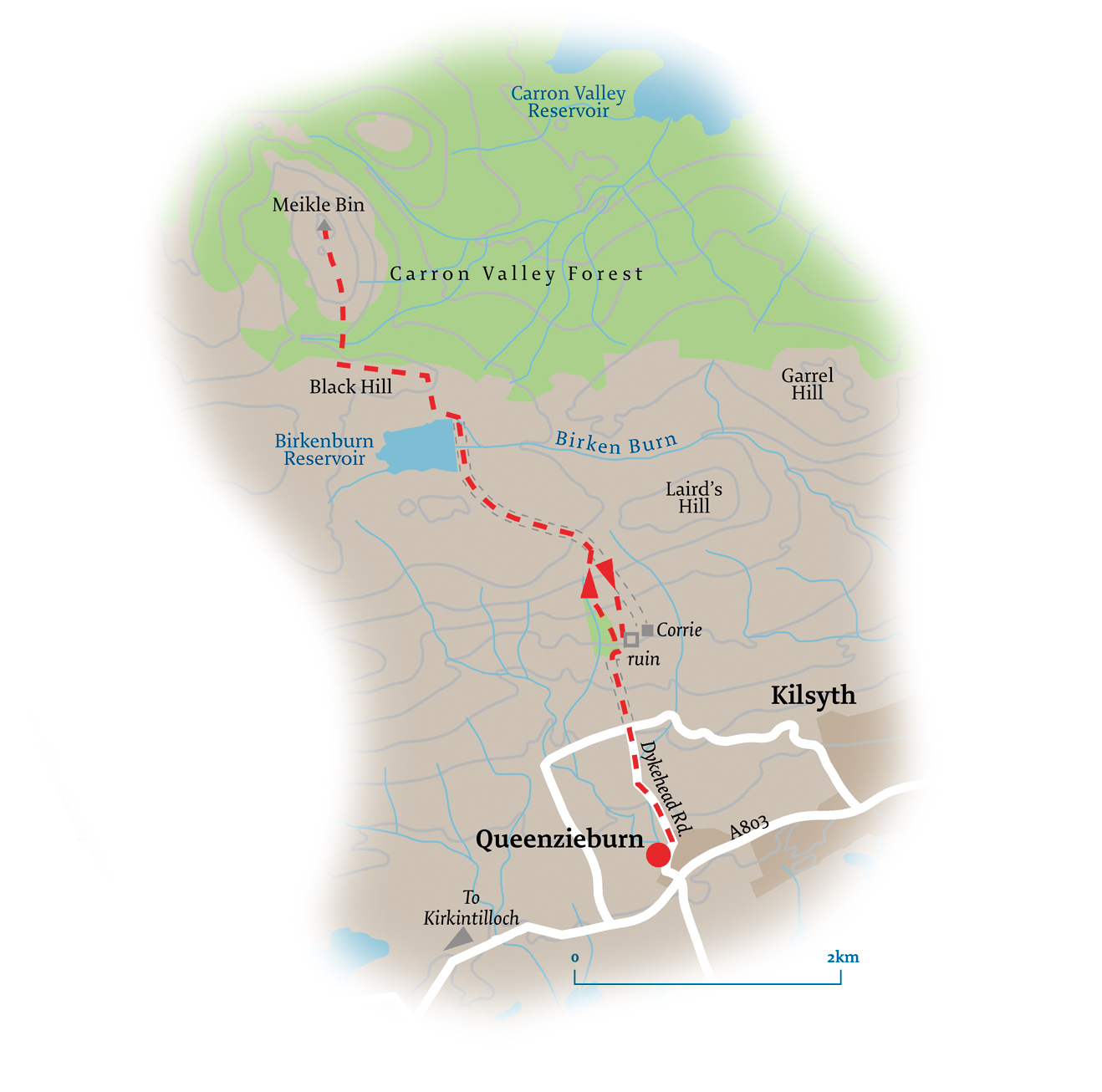There aren’t many taboo conversation topics left in 2019. We’re as comfortable sharing our opinions on political parties, Brexit and Trump as we would be declaring where we stand on the love/ hate Marmite debate. We’ve also become a more compassionate society, with many now feeling they can safely share their personal experiences with mental health to help others.
Poverty – and the shame it brings – is still not one of these topics.. No-one is shouting about their experience of that from their social media accounts. Or nobody was until Kerry Hudson wrote the brilliantly brave, and much-needed Lowborn: Growing Up, Getting Away and Returning to Britain’s Poorest Town.
Having travelled the world, and written two award-winning novels, Hudson still couldn’t reconcile her “infinitely cushier” life with her childhood experience of living in poverty, which included two periods in foster homes and fourteen schools. “I am proudly working class….but I was never proudly poor. True poverty is all-encompassing, grinding, brutal and, often, dehumanising,” Hudson, who was born in Aberdeen, writes in Lowborn, as she decides to confront the past to bring a wider understanding of what poverty really means.
What made you decide to write Lowborn?
I felt compelled to. If you’re poor and a woman you are often told to be quiet, either in the domestic setting or more generally in society so I felt compelled to have a platform in which to tell this story, which felt like a real privilege. And the other reason is that Britain’s kind of falling apart at the moment. There’s incredibly divisive discourse, particularly around poor people and why they’re poor and how they’ve ended up that way and I felt like this thing that I could possibly offer was my own personal experience and insight to try and inject some more compassion around what it is really like to be poor and how far that is out of your control from the minute you are born.
You spot an advert on a bus stop shelter by a council estate in Aberdeen “of a woman in white jeans sipping an espresso outside a pavement cafe in Paris” for American Express, which makes you angry. Towards the end of your memoir, you write “if we could all chip away, person by person doing what we can, with enough of us, I believe it is possible to change the future”. In this particular example, do you think this change starts with the marketing director and ad agency being more socially responsible and simply not targeting credit at people in poverty?
I definitely think there should be better guidelines for that. You have so few options in that situation.My family had so few avenues where we could go for extra money and benefits are calculated to be the very least you can possibly live on so they don’t account for accidents, mistakes or something you just really need. So you’re really forced to go with whatever you can get, if you don’t have family to borrow from. I think my mum once had a credit card that was something like 28% interest; it couldn’t have been more like stealing than if they’d come through the door with a little mask on their face. Don’t try and target your most vulnerable community with things that are going to be harmful for them.
Something I have also spoken about a lot on social media is the Armed Forces targeting our poorest communities. When I was living in Dalston, you had an army recruitment officer that was offering smoothies and video games. The idea that you’re going to achieve so little or you’ll be so desperate for credit that you end up taking whatever is being given to you without any complaint is very dangerous. And the bad thing is that it creates more anger, it creates a cycle of dysfunction, and social problems.

There can be a focus on selling short term gain, I think.
Absolutely. The Joseph Rowntree Foundation at LSE did some interesting research on this, testing people with more of a middle class income. What they realised during the psychological testing was that if these people had found themselves in the same position as poorer communities, they’d make exactly the same decisions.
That’s so interesting
Yes! It was. Because, there’s the idea that poor people are feckless and can’t be trusted and that‘s why they’ve ended up poor but when they did this very comprehensive psychological testing they found that, put in the same situation, middle class people would behave the same way; they’d get five credit cards at 24% APR and, yes, they’d spend it all on a big TV because basically what else are you going to do with your evenings?
Are there any specific demographics this memoir has had a real impact on?
In the early weeks of the book being out, I had many messages from women from backgrounds like my own. We read because we want to seek our own experience reflected back and I think that was quite powerful for women from a working class background. The other demographic – which was really pleasing – has been people working in public services. There were teachers, social workers and people working in grassroots organisations and I’ve had a lot of people come to events and say they’re passing the book on to colleagues or they’re putting it on a social module they’re teaching because they want people to have a deeper understanding or because it helps to explain some of the things they see in their jobs. That’s been wonderful because I think teachers and social workers are absolute heroes so that has been gratifying.
When you are living in a sparse B&B, aged five, you imagine that everything is the opposite: “a four poster bed draped with satin” with an “overflowing toy box.” It feels clear that you were always going to be a writer. Did you write when you were younger?
I wrote little stories, and I was pretty good at English. It never occured to me before that even though I read all the time, and libraries were an integral part of my childhood, I had no idea where books came from. I knew someone had written them but I couldn’t picture who they were (laughs), where they were; I had no idea that there was a publishing industry. I remember in my teens thinking I might write a story about a female mechanic called Cat who all the boys fancied which I now think is hilarious but I didn’t start writing until later when, on a whim, I entered a short story writing competition where there were hundreds of entries and I won it. I won £1000. I was like, well, if I managed to do that, with this little story that I just kind of fired off, then maybe there is actually something here. And by that time, in my late twenties, I was living in London, had a stable partner, I had a different view of myself and the world, I’d already worked my way up the charity sector, so that’s when I started thinking that actually writing was something that maybe I could do.
Do you think there’s enough working class writers being published?
No. For three reasons. One is all the practical barriers: making any money from writing is extremely hard. The Society of Authors said that in 2017/18, the average wage for a professional writer was £10,700 and that takes into account everyone from bestsellers to people who publish one book for a modest advance but that’s obviously not enough to live on. It’s also a time consuming job so it’s not as possible as it used to be to have a full time job and then write in the evenings.
There’s also psychological barriers. You can’t be it if you can’t see it so if you don’t have any role models, if you haven’t read books that reflect your world or if, like me, you didn’t understand where books came from for a long time…
The third one is that for years, the publishing industry has been based on people riding up the ranks by doing, not one but often many unpaid internships and obviously it’s London based so the people who can afford to do those internships either have to have three jobs which means that often they just get too tired and can’t do it anymore or they have wealthy parents. I will say, except for the money thing, which is an ongoing problem for all writers, things are slightly changing; there are more working class writers than there have been previously and the publishing industry has realised that it needs to make changes, so positive things are happening but it is slow progress.
What advice would you offer to someone who is creative but struggles to see how they might channel it?
I’d say persist. I meet so many writers who say they can’t afford to do an MA and I always say you don’t need those things. What you need for writing is actually very simple: it’s yourself and something to write with. At the early stage of writing don’t think about whether you’ll get published or what the reviews might be like because that’s so far down the line and actually, the actual process of the writing is the nicest thing you can give yourself. Afterwards you can worry about those things.
Is there a book you’ve read later as an adult that you would recommend to your younger self?
Janice Galloway’s This is Not About Me. I hadn’t read Janice Galloway before I wrote my first book. But I often think if I had, I wouldn’t have bothered, you know? (laughs) It’s so important as a young person to see your experience of life reflected back at you because it makes you feel real and helps you understand why things are the way they are.
What does the word ‘home’ mean to you?
I guess I associate home with Peter. We are moving in the New Year to Leipzig. That will be our third move in two years. Partly to escape Brexit and also because we want to have more time and creativity in our lives and that’s hard in London because you’re always working so hard for your money. So I guess for me it’s about contentment and peace. As long as I can write somewhere, and Peter is there then that is home. One of the benefits of having this super chaotic nomadic childhood is that it made me adaptable. I can put a rucksack down somewhere and in five hours I think this feels like home.
Lowborn by Kerry Hudson is available from Waterstones Byres Road
Return to Culture and Arts













